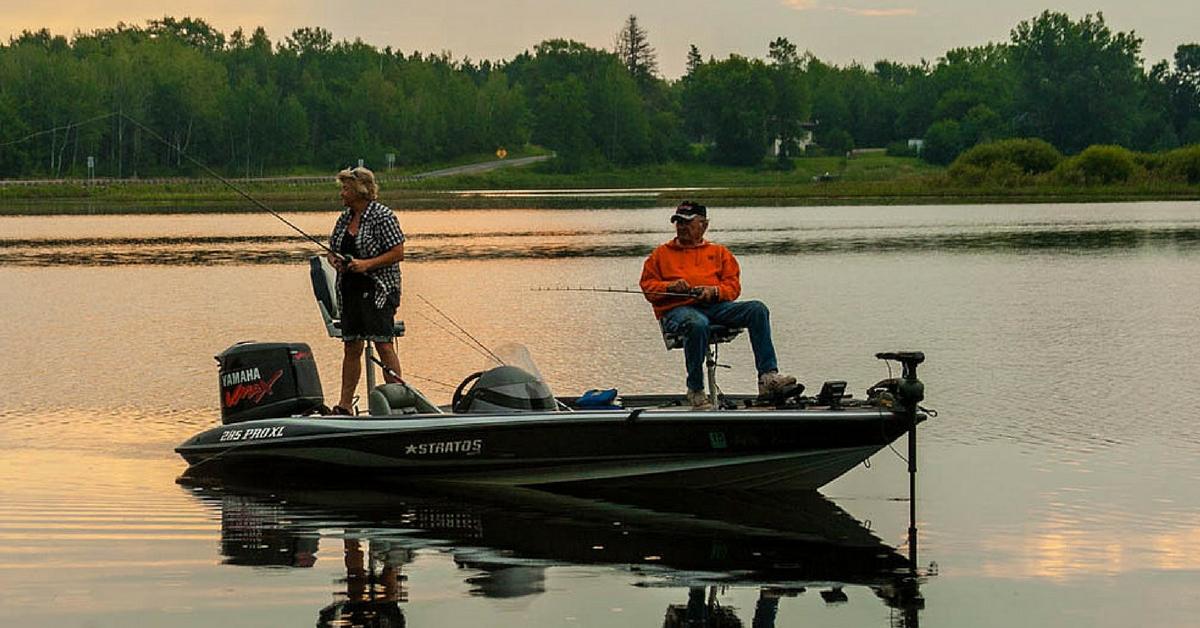The Best Time Of Day To Fish, According To Science
Whenever you can wet a line is a good time to fish, but there are definitely times when bass bite best. Looking at the moon or a weather forecast can help you decide when the best time to fish is.Keeping records of his big bass catches and the number of hours it took him to catch those fish helped the late Doug Hannon (known as the Bass Professor) formulate time tables for pursuing lunkers. Over the years, he found the peak times for catching mega-bass were during the major and minor lunar periods, which coincide with the periods when the moon is up (major) and down (minor).The moon positioning theory was developed by a fisherman, John Alden Knight, with his introduction of the solunar tables now available in fishing magazines and apps. Knight theorized that bass feed more actively during certain periods of tidal activity, which the moon controls. His tables have two major and two minor feeding periods lasting more than an hour during each 24-hour period. Knights moon tables and others are essentially tide charts adjusted to various time zones and longitudes across the U.S.The late Dr. Loren Hill concurred that moon phases have an effect upon interactions of bass with its environment, but other factors, such as light penetration and amount of cover, could change the fish’s feeding habits. He determined the greatest influence on a bass’ feeding habits was weather and how it affected the aquatic environment.The renowned ichthyologist suggested if you had conditions in which an aquatic environment had lost its vegetation, there would be lots of light penetration coming into the vegetation and photosynthesis increasing the pH levels of the water would disturb the fish and prevent them from extracting oxygen from the water. Therefore on sunny days bass would be under distress from about 11:30 a.m. until about 6 p.m. and the fishing would be poor, no matter what the moon tables indicated. Hill noted on cloudy days you could catch fish from the weeds all day long.Hill also noted barometric pressure changes significantly influenced bass behavior. Through his studies he discovered bass remained in close contact to habitat or near bottom when barometric press started to fall, but when pressure started rising the fish became inactive and suspended over cover. He suggested the best time to fish was when the barometer was falling or steady.
Updated August 25th, 2017 at 10:28 AM CT


